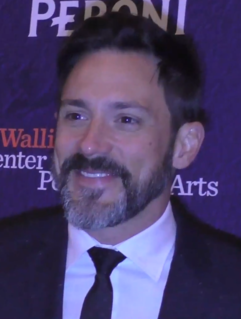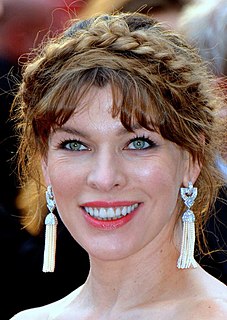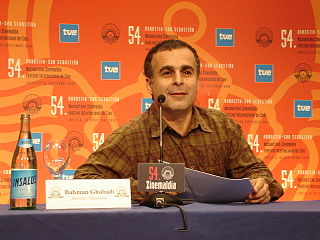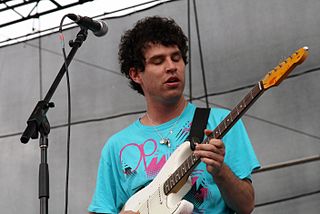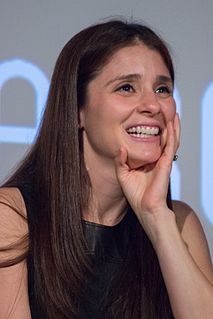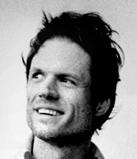A Quote by Elvis Costello
The theme of exile is attractive to me, because it's sort of like the family business. Not just music, but travel.
Related Quotes
I travel because I like to move from place to place, I enjoy the sense of freedom it gives me, it pleases me to be rid of ties, responsibilities, duties, I like the unknown; I meet odd people who amuse me for a moment and sometimes suggest a theme for a composition; I am often tired of myself and I have a notion that by travel I can add to my personality and so change myself a little. I do not bring back from the journey quite the same self that I took
For me, music is sort of my passion, more so than being an actor. I just never tried to make a career as a musician. It was just something that I did on my own time, just for me. I had written a lot of songs, but I don't really record a lot of music because, for me, it's the same way as a poet: I write to get things out. It's sort of cathartic.
I never considered myself as somebody in exile because, different to my father who, yes, was in exile because he left Haiti as an adult, for me it was just to be somewhere else. I carried Haiti with me everywhere, but I also carried, you know, my youth in a public school in Brooklyn. It's part of who I am as well.
I've always wanted to partner with a family business because their stories inspire me. One of my biggest hopes is that the family will invest in me, educating me about their business, and imparting many other valuable lessons. This process of helping an owner transition her business to trusted hands really excites me.
The music business for me was never about buses and billboards you know, that was never the reason I got into the music business. The reason I wanted to get into the music business was because I genuinely, wholeheartedly love to sing. I love singing songs and telling stories and playing music, so that's why I got into the music business.
It's weird, in New York, it's like the big theme of everything is folk music and interacting with people. Maryland is where the landscape of our music comes from, it was more like, let's walk around. People are saying that we are part of some sort of folk scene. We don't feel connected with it. We do live in the city, and communicate with people. It's all folk music.
The music business has made a 360. It's a whole 'nother game. It's not nearly what it was. And I fear for it, because, you know, with the advent of the computer and online and downloading and all these things, they have destroyed - that stuff has destroyed the record business, not the music business, but the record business. The music business is well, and it's alive and thriving. Now, I hope something happens to turn it back around to the point whereas it's - you're earning a living from writing your songs, from your work, you know, because it's not like that anymore.
Coming to Australia, it was just really magical for me. It just had the wow factor of a different sort of place and, more so, just being with a family that wanted to love me and to have me, because I knew back then, before coming to Australia, there was no way of getting back home or finding my real family.
In American commercials in the past year or two, I don't know, the singers all sound like they're whining and the music's all melancholy. It's sort of like, I hear these commercials and it makes me feel sad, you know? Like - for instance, my barley tea is gone. Now, there's music out there that encourages you, when your barley tea has run out, to just sort of sit there and be like "My tea ran out. Oh, man." And just be slouching. So we wanted to make music that when your tea runs out, instead you're like, "I'm gonna go get some more tea!" You know? It just gives you the energy.


